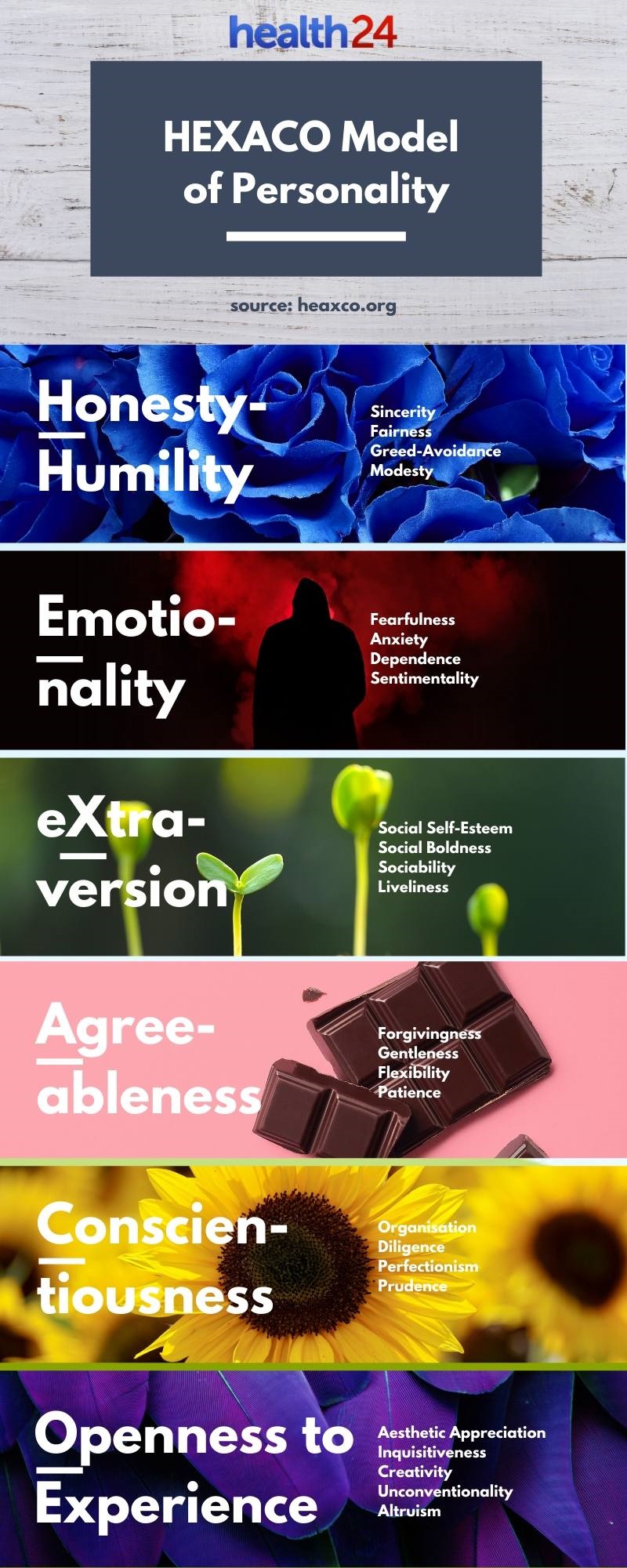- A study identified people with Emotionality and Conscientiousness personality traits are more likely to hoard during the pandemic
- This is also related to how people perceive the threat of coronavirus
- However, situational and other psychological factors also have an impact on stockpiling
Back in March this year, the world had started collectively waking up to the dangers of the coronavirus, which in turn prompted a strange phenomenon – a toilet paper crisis due to panicked stockpiling.
While many speculated about the reasoning behind this craze, a new study published in PLoS ONE looked at personality traits to determine what exactly drove people to hoard toilet paper.
Researchers conducted an online survey, sampling 996 participants from 22 countries in Europe and North America in March when Covid-19 numbers grew exponentially and companies saw an almost 700% jump in toilet paper sales due to stockpiling.
But why toilet paper?
Perceived threat
The researchers note that during an outbreak, like with the coronavirus, people have a higher intolerance for uncleanliness and disgust, and toilet paper can act as a symbol of safety during times like these.
Alongside assessing respondents' perceived threat of the coronavirus, the researchers used the HEXACO model of personality to determine if any traits were more likely to hoard toilet paper.
(If you want to find out your predominant HEXACO personality trait, you can find it online here.)
ALSO READ: Your personality as a teen may predict your risk of dementia later in life
The study found that people with an intense perceived threat of the virus were most likely to have hoarded toilet paper. This threat was most intensely felt by people with high Emotionality who are generally more anxious, and thus had an indirect affinity for stockpiling.
But interestingly, people with a high Conscientiousness trait – basically people who are organised and have longsightedness – were also more likely to stockpile toilet paper despite being known as having a rational personality trait.
Bigger packages in US
Other factors besides personality traits that also influenced hoarding pointed towards older people, women, and North Americans feeling more threatened by the coronavirus. The number of days spent in quarantine or lockdown also had an effect.
Europeans were likely to shop for toilet paper more frequently, while North Americans were stockpiling more toilet paper – but this could purely be because in the US their toilet paper packs come with far more rolls than in European countries.
READ: Not keen on working out? It might be your personality
Unlike a previous study published in PsyArXiv focusing only on UK respondents and citing a lack of solidarity for the crisis, this study did not find that the Honesty-Humility character trait prevented people from hoarding, which has influenced messaging against stockpiling that addresses a moral imperative to not hoard.
The authors do note, though, that the vastly different outcomes between the two studies need to be explored further.
What do these results mean?
They could help direct public messaging during the crisis, and by addressing personalities more likely to want to stockpile specifically, could help prevent it.
For anxious people, messaging should find the balance between being honest about the dangers of coronavirus and not stoking panic at the same time, creating calm.
Prepping in advance
For those who like to be organised, messaging can focus on the fact supply lines are unlikely to come to a halt during the pandemic and that stocks are adequate to meet demand.
As for the factors around age and location, older people were asked to self-isolate before mass lockdowns, which meant they were prepping in advance.
However, the study concludes that 80% of this stockpiling effect was not rooted in personality differences, and that many psychological and situational factors were not accounted for.
These should be explored further in future studies, as well as trying other personality models that are more expansive and including more global and local regions for comparison.
For now, it seems that the less anxious you are as a person and the less you like planning ahead, the less likely you are to succumb to panic buying during a pandemic.
Image credit: Erik Mclean, Unsplash




 Publications
Publications
 Partners
Partners















